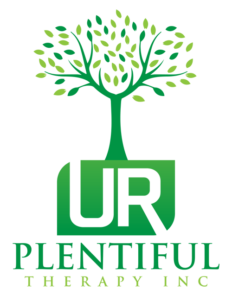Healing from a divorce can be a challenging and emotionally demanding process, but with time, self-care, and support, it is possible to move forward and create a fulfilling life. Here are some suggestions that may help:
- Allow Yourself to Grieve: Give yourself permission to feel the emotions that come with divorce, including sadness, anger, and even relief. It’s important to acknowledge and process these feelings rather than suppressing them.
- Seek Support: Share your thoughts and feelings with friends, family, or a therapist. Surround yourself with a supportive network of people who understand and care about your well-being.
- Self-Care: Focus on taking care of yourself both physically and emotionally. Eat well, exercise, and get enough sleep. Engage in activities that bring you joy and relaxation.
- Set Realistic Expectations: Understand that healing is a gradual process, and there is no specific timeline for when you should be “over” the divorce. Set realistic expectations for yourself and allow the healing to happen at its own pace.
- Reflect and Learn: Take time to reflect on the relationship, the reasons for the divorce, and what you’ve learned from the experience. This self-reflection can help you gain insight and grow from the challenges you’ve faced.
- Establish Boundaries: Set clear boundaries with your ex-spouse to help facilitate the healing process. This may involve limiting contact, especially in the early stages of the divorce, to give both parties the space they need.
- Focus on the Future: While it’s essential to acknowledge the past, try to focus on the present and future. Consider setting new goals, exploring new interests, and creating a vision for the life you want post-divorce.
- Legal Closure: If you haven’t already, ensure that all legal matters are settled and finalized. This can provide a sense of closure and allow you to move forward without lingering legal concerns.
- Therapy and Counseling: Professional counseling can be immensely helpful in navigating the emotional challenges of divorce. A therapist can provide guidance, support, and coping strategies tailored to your specific situation.
- Build a New Identity: Rediscover who you are as an individual. Reconnect with hobbies, interests, and aspects of yourself that may have been neglected during the marriage.
Remember, healing is a unique and personal journey. Be patient with yourself and allow the process to unfold naturally. If you find that the emotional burden is overwhelming, seeking professional help can be an important step in your healing journey.

